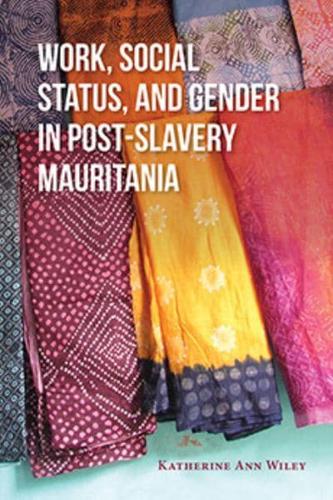Publisher's Synopsis
Although slavery was legally abolished in 1981 in Mauritania, its legacy lives on in the political, economic, and social discrimination against ex-slaves and their descendants. Katherine Ann Wiley examines the shifting roles of Muslim arain (ex-slaves and their descendants) women, who provide financial support for their families. Wiley uses economic activity as a lens to examine what makes suitable work for women, their trade practices, and how they understand and assert their social positions, social worth, and personal value in their everyday lives. She finds that while genealogy and social hierarchy contributed to status in the past, women today believe that attributes such as wealth, respect, and distance from slavery help to establish social capital. Wiley shows how the legacy of slavery continues to constrain some women even while many of them draw on neoliberal values to connect through kinship, friendship, and professional associations. This powerful ethnography challenges stereotypical views of Muslim women and demonstrates how they work together to navigate social inequality and bring about social change.











